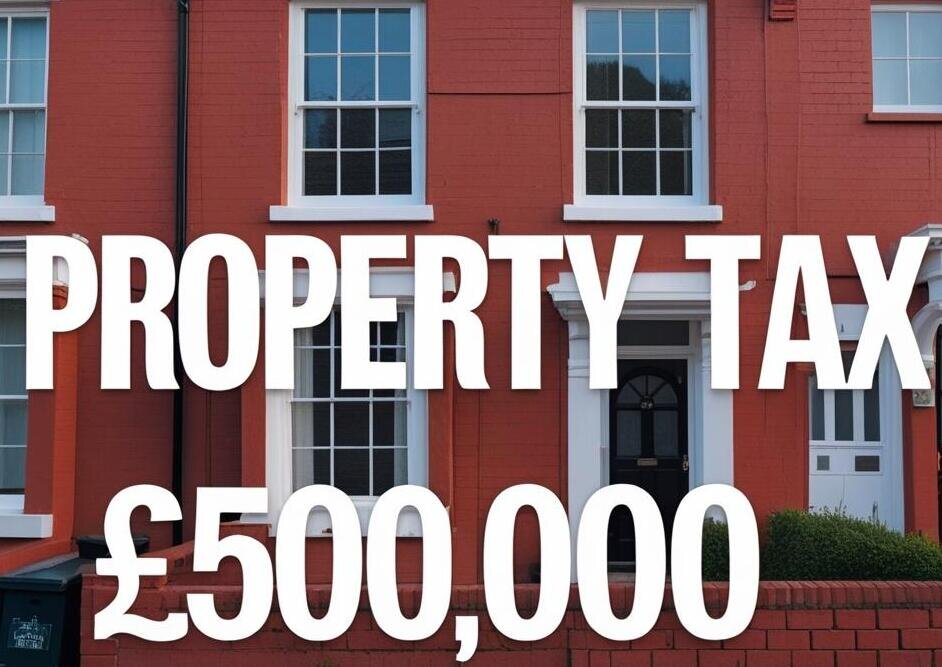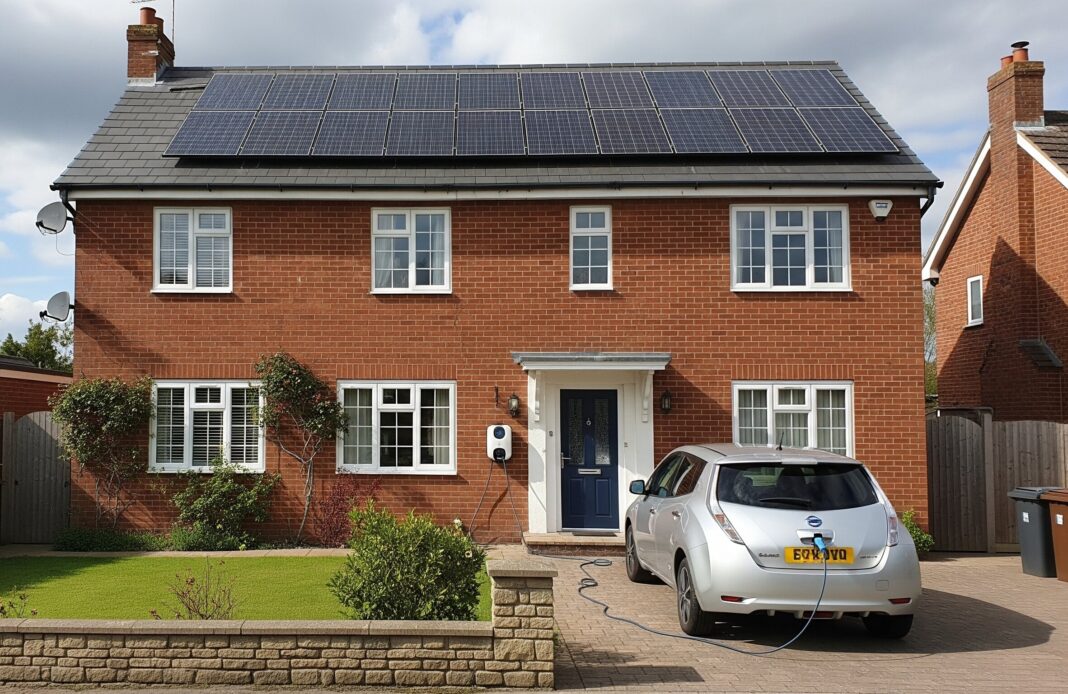The Treasury is reportedly exploring a new levy on homes worth more than £500,000 as part of a potential overhaul of stamp duty and council tax, prompting a mixed response from property professionals.
As revealed earlier this week officials are modelling a “proportional” property tax that could initially replace stamp duty on owner-occupied homes, with a local property tax considered as a longer-term replacement for council tax.
No decisions have yet been made, but ministers are understood to be considering implementation during this parliament, with council tax reform potentially requiring a second Labour term.
The new was conveniently leaked as Chancellor Rachel Reeves prepares for the Autumn Budget amid concerns that rising property values are outpacing the revenues of a council tax system still based on 1991 valuations.
Officials have since told The Telegraph that the threshold would have to be well above £500,000 to avoid disrupting the broader market.
INDUSTRY REACTION
Propertymark stresses that any changes must support homeownership and be fit for future purpose.

Timothy Douglas, Head of Policy and Campaigns at Propertymark, says: “Discussions around reforming stamp duty are welcome because it is a significant barrier to moving and getting people on the housing ladder.
“What’s key is that any reforms are evidence based and support first time buyers, second steppers and those looking to right size.
“Economic growth can come from reducing the financial burden of stamp duty which we know increases the number of transactions, but any changes must work alongside differing property prices and the dynamic nature of our housing markets across the country.”
BARRIER TO MOVEMENT

Colleen Babcock, Property Expert at Rightmove, adds: “Stamp duty is a huge barrier to movement, from first-time buyers to downsizers.
“We recently called for an increase to the zero rate thresholds at which first-time buyers and home-movers start paying stamp duty and backed a suggestion from one of our agent partners that stamp duty should be paid over a longer time period.
“If changes are brought in that make home-moving genuinely more affordable for people then we would welcome them, but without firm details it remains to be seen if a different type of taxation would leave property owners better or worse off in the long run.”
VULNERABLE HOMEOWNERS

Jeremy Leaf, former RICS residential chairman, warns that a new tax could disproportionately affect vulnerable homeowners.
“We can see the advantage in taking tax from people who have benefited from an increase in property values but the fear is that it is going to impact the vulnerable in particular.
“Those of retirement age, say in their late sixties, might be able to move into a flat or bungalow with not too much of an issue.
“But for those more on the margins, say in their early eighties, who are not so mobile and don’t want to move out of an area where they have lived comfortably for many years near family and friends – why should they have to move some distance where property prices happen to be cheaper?”
BUILD MORE HOMES

Daniel Austin, CEO at ASK Partners, described the proposals as a short-term fix: “If implemented, the tax risks creating an artificial ceiling on many properties around the £500,000 threshold… The Government is right to review the current system which does constrain the market.
“However, the solution is not more taxes – it’s building more homes to increase supply and unlock market mobility.”










